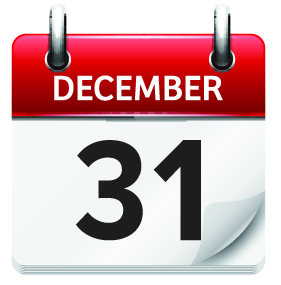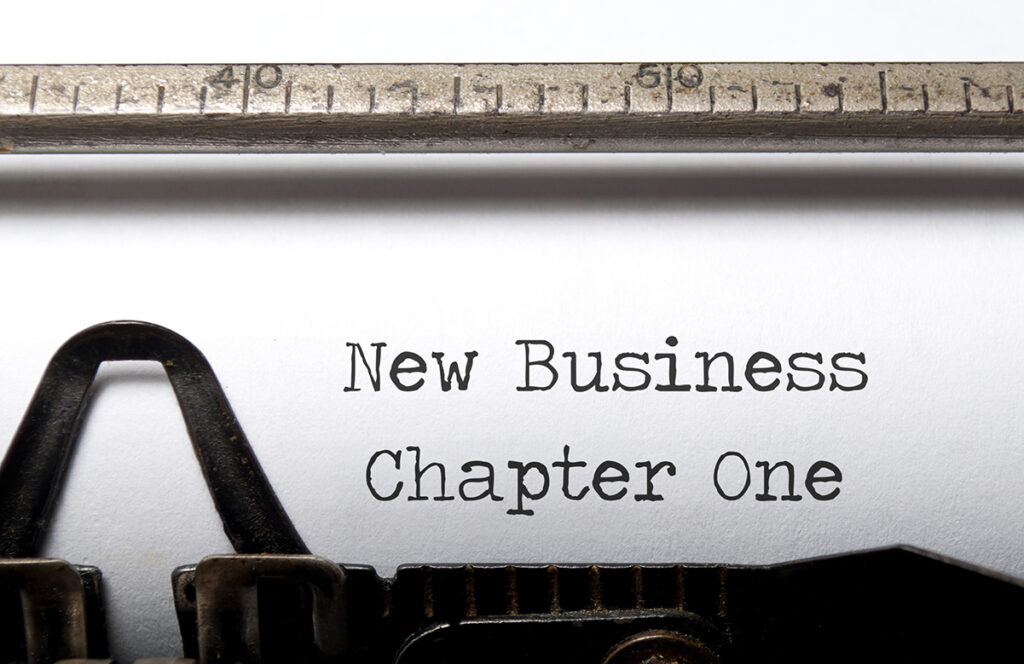You’ll have to make a lot of decisions when starting a new business. One of the bigger ones will be how you’ll fund it. The financing option you choose may have a significant impact on your company’s success.
BANK ON IT
Traditional bank loans may be the first place you look, especially if you have good personal credit. Start with your current bank. They can help you figure out what documents you’ll need to qualify and what options you have.
If you have a local community bank or credit union, check with them about borrowing. Their lending requirements might be more lenient because they have a strong interest in economic development within the community.
ANOTHER AVENUE
If a traditional bank loan isn’t an option, consider a loan backed by the Small Business Administration (SBA). The SBA offers traditional banks a federal guarantee on your loan. This makes it less risky for the bank to lend you start-up money. In addition, SBA loans often come with favorable interest rates and payment terms. Some loans come with continued support to help you start and run your business.
PUT YOUR FUTURE FIRST
Starting your business means starting your own retirement plan. Consider creating a solo 401(k) or SEP plan and roll over balances from other 401(k) plans or IRAs. Don’t be tempted to take funds out of your retirement plan to help start your business. Assuming your business idea is sound, you’ll be able to obtain funding elsewhere.
GRANT MONEY
Check into small business grants available in your community. Grants offer a way to finance your new business without worrying about repaying a loan. Grants are usually provided by nonprofit organizations or government agencies, which sometimes focus on serving specific companies, like minority, women or veteran-owned businesses. Although competition for grants can be fierce, the time you invest in searching and applying for grants can pay off in the long run.
DON’T USE CREDIT CARDS
With high interest rates and costly late fees, don’t be tempted to to use credit cards to fund your new venture.



